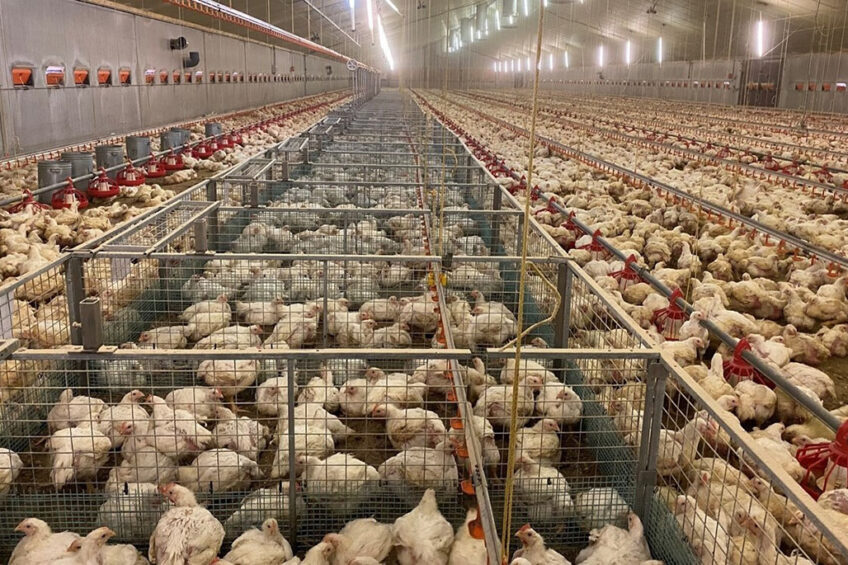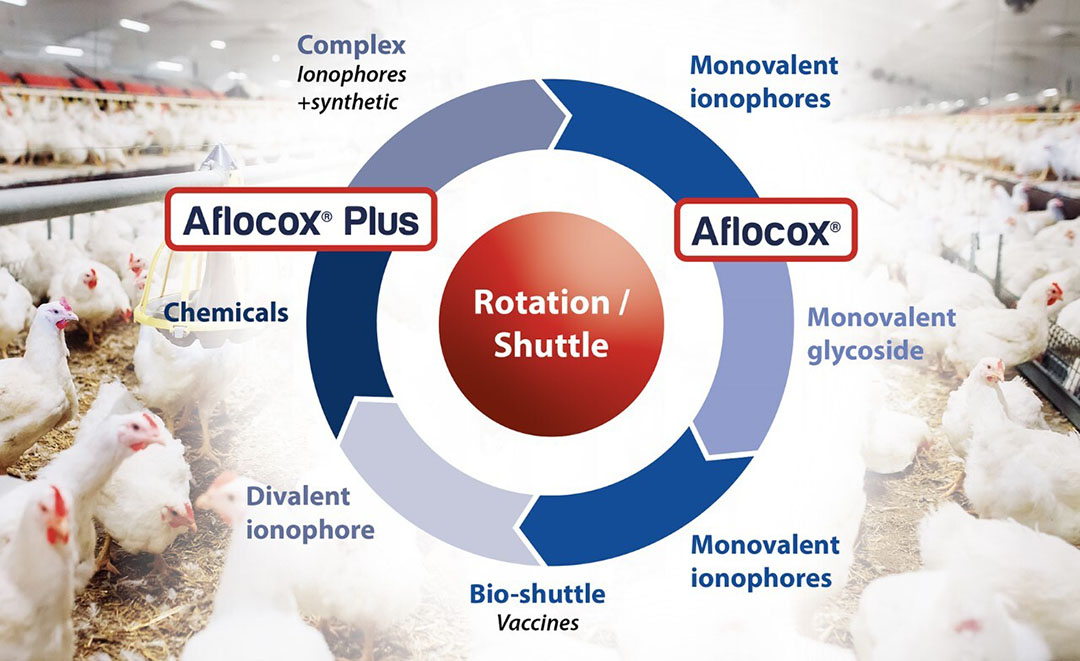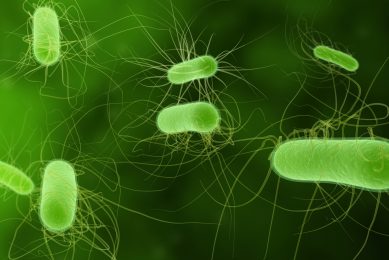Natural solutions in coccidial risk management buy time

Coccidiosis is a well-known and documented problem in poultry production in terms of its causative agent, ethology and symptomatology. This obviously raises the question of: why do we struggle to really control this problem that we already know all about?
All birds will inevitably come into contact with the coccidiosis-inducing Eimeria protozoa at some point in their short production life. And the key word here is ‘short’. This very short production life and other factors negatively affecting performance makes it seem as if there are many things on the poultry farm which stand in the way of raising broilers efficiently and economically.
Clinical or subclinical
Poultry diseases caused by bacteria, viruses or parasites can lead to huge costs for producers due to medication expenses, loss of performance, and extra care for sick birds. These costs apply to clinical diseases where birds show obvious signs of illness, but also to subclinical cases, such as coccidiosis, when the animals hardly show any signs of disease; only at the end when we observe a lack of performance. As broilers have a short lifespan, they cannot compensate for these losses, resulting in economic costs for the farmer. With high energy and feed prices, it is crucial to avoid clinical or subclinical disease manifestations to prevent losing time and money.
Feed additives as the solution
Shifting the financial balance towards more profitable poultry production often lies in the power of feed additives. Most of them have been thoroughly researched, with clear modes of action and properly positioned for the different problems that the animals may be facing. In many cases with a very complex synergistic effect in the animal. This means that if the bird is already performing well, we can squeeze a bit more out of it and we can do that simply due to the subclinical evolution of many diseases. Take the example of coccidiosis, which is typically treated with ionophores, drugs, and vaccines, but no new medication has been identified in over 50 years. Coccidia have developed resistance to these treatments, similar to bacteria developing antibiotic resistance. The antimicrobial resistance of bacteria receives a lot of attention and plenty of funding is provided to tackle this problem, with feed additives leading the way. This has not so much been the case with coccidia resistance to treatment. Here too, the attention needs to shift towards feed additives. Feed additive companies have invested significant amounts of time and money in finding, researching and bringing new products onto the market to mitigate the adverse effects of coccidiosis.
We can always learn from nature
The use of plant-based products in coccidia management is popular as they contain substances such as saponins, phenolics, flavonoids, terpenoids, alkaloids, and carotenoids, which have a direct anti-protozoal effect and strengthen the bird’s natural immunity while mitigating inflammatory responses and reducing cellular oxidative stress. A complex compound with multiple active substances can have a synergistic effect, improving the bird’s ability to cope with coccidia.
The power of time
Using a natural product can aid coccidiosis management by allowing birds time to develop immunity, which is important for any coccidiosis mitigation programme. Vaccines and ionophores can also be used to safeguard animal performance by reducing pathology. However, animals must develop immunity to prevent coccidiosis replication. Curative drug treatment can hinder immunity-building, as rapid resistance development can limit product use. To reduce coccidia resistance, less use of chemicals or ionophores is recommended. The shuttle and rotation programmes used in coccidial management allow for the rest of anticoccidial drugs, decreasing resistance build-up in coccidia and improving treatment efficacy in the present and future. So how does a natural solution give us time? By including it in shuttle or rotation programmes (Figure 1). Other anticoccidial treatments don’t have to be used during the time that the natural solution is part of the shuttle or rotation programme, so they can ‘rest’ and restore efficacy for later use.
Figure 1 – Options of including natural products in the shuttle programme.

How much time we can actually gain depends on the severity of the coccidia situation on farm. If the coccidial pressure is low we can have a broader application of the natural solution or, conversely, if the pressure is high we can actually use it combined with an anticoccidial treatment to obtain better results.
Take a look at this video to find out more about Aflocox
Whatever your needs, we at Innovad would be happy to support you in creating the best possible anticoccidial plan. This could include natural solutions like Aflocox to maximise the success of your anticoccidial management programmes.




